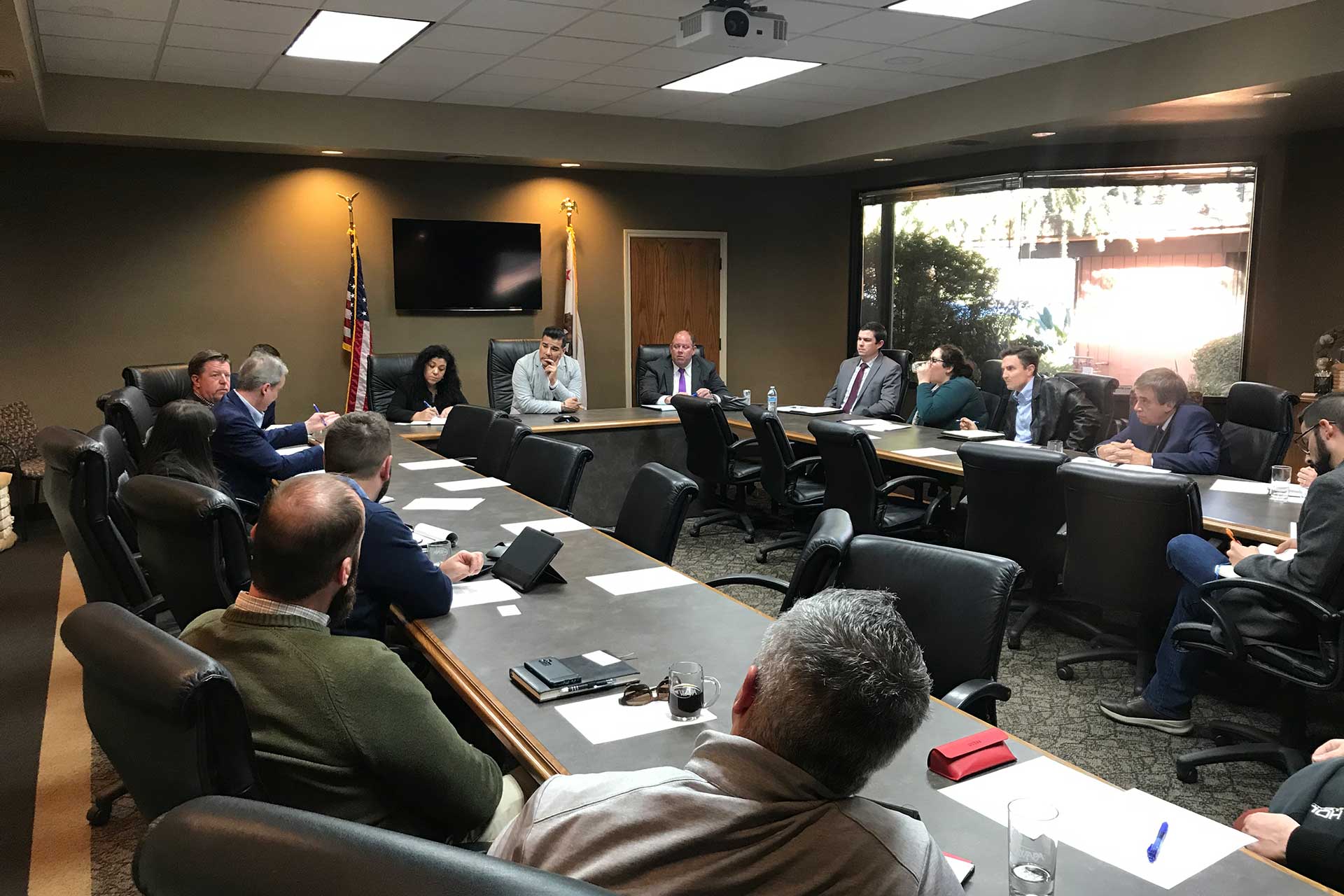
California’s catastrophic wildfires have claimed yet more victims, and these victims didn’t see it coming either. While not directly related, many agricultural processing facilities, including tree nut hullers and processors, have seen exorbitant increases in property and stock insurance as a result of devastating losses absorbed by insurance companies over the past two years due to horrific wildfires. Insurance companies have paid out more than $26 billion in wildfire claims in the past few years, resulting in cancelled policies, huge rate increases or, in some cases, insurance companies leaving California.
Several agricultural processing facilities have seen double- or even triple-digit increases in the past year. And it doesn’t stop there. It is also important to note companies aren’t just facing huge rate increases. In some instances, they are seeing an unwillingness of insurance companies to cover the entire liability. To compensate, some companies are buying multiple policies, so called “surplus lines,” from multiple companies in order to try and cover as much as possible—all at tremendous cost. This is not affordable, or sustainable.
In seeking answers, the industry has reached out and help meetings with California Insurance Commissioner Ricardo Lara, who has been overwhelmed by the same problem on the residential side, especially those homes located in fire prone areas. Commissioner Lara is stating he is doing all he can in his power, including looking at changes to the California Fair Access to Insurance Requirements (FAIR) Program, which is the “insurance of last resort” available to all California property owners. Unfortunately, the FAIR Program has many limiting requirements including a $3 million cap and requirements for sprinklers to be installed. And in response to one directive by Commissioner Lara, the FAIR Program has sued the Commissioner opposing a demand that FAIR offer “comprehensive insurance.”
On the industry side, a recent meeting was held in Fresno and hosted by the Western Agricultural Processors Association (WAPA), where several insurance brokers shared their stories of huge increases and impacts to businesses throughout California. Attendees urged the Commissioner to convene a special agricultural roundtable to seek potential solutions to the problem. It’s a problem that most likely isn’t going away soon given the poor condition of the state’s forests and the potential for more devastating fires. That effort will take place this spring. At the meeting, industry officials asked what “mitigation efforts” could be employed to help “protect against” fires or other damages to help control costs. The Commissioner urged the industry to put their proposals on the table at the upcoming meeting and try to get ahead of the situation to the extent possible.
The state legislature may also consider some potential solutions, though none have been introduced at the time of this article. Forcing companies to come back to California is likely impossible, but having agricultural facilities pay huge rate increases or go without coverage makes no sense, especially considering these facilities aren’t located in fire prone areas and face no risk whatsoever from fire. This is one more brick on the backs of businesses trying to operate financially viable companies in California, and quite frankly struggling to do so.










